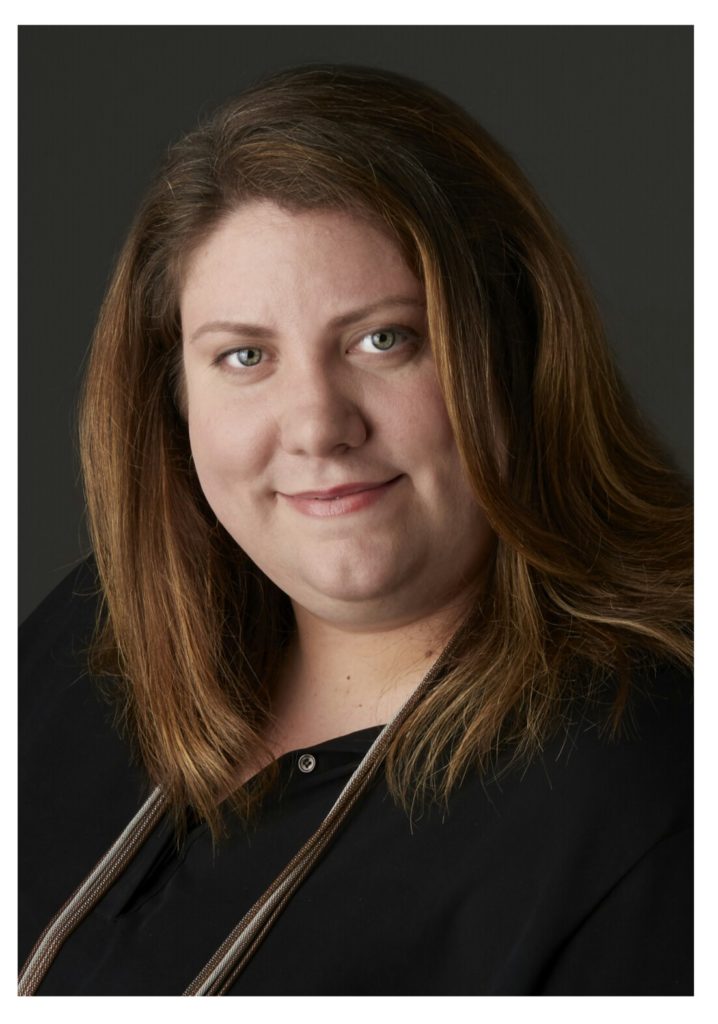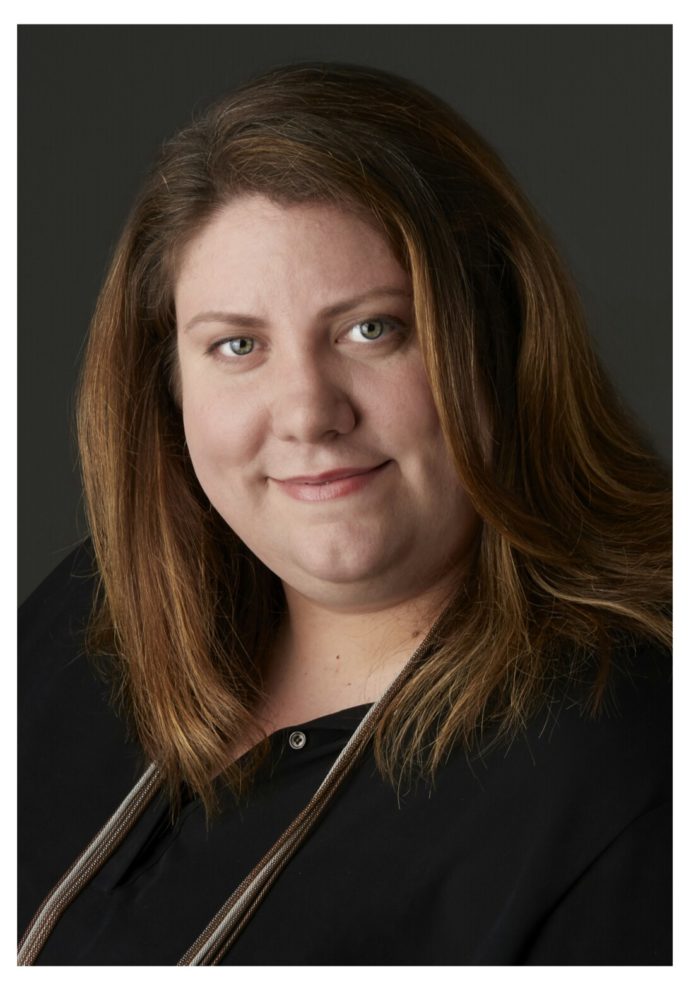
Ragan-Fore: recognition is attractive
SENIOR association officers have jumped to the defence of millennials – a generation of individuals said to be disinterested in joining associations and are a tough catch – by saying that these youngsters are not against associations. Rather, they seek a form of satisfaction that is different from baby boomers who make up the bulk of association membership today.
Jennifer Ragan-Fore, chief event officer with the US-based International Society for Technology in Education (ISTE), told TTGmice e-Weekly on the sidelines of the two-day PCMA Meetings Forum Singapore: “The younger generation does not care much for volunteer leadership, unlike the older generation, therefore joining an association is not natural for them.”
“However, nobody rejects recognition. We have found success in engaging young educators and have grown our community of younger members by 40 per cent through an awards programme,” added Ragan-Fore.
ISTE gives out one Outstanding Young Educator award and six to seven Emerging Leaders awards every year. Winners of the latter have the opportunity to vie for the Outstanding Young Educator award in future editions.
Ragan-Fore shared that the awards have helped ISTE to identify top performing young educators with leadership potential and created interesting event content by tapping on the award winners’ knowledge and ideas.
“By giving the award to several individuals, we are creating a victorious cohort that will come together to exchange ideas and reach out to peers in the same generation. And by giving them leadership roles in our conference programme creation, they see that they can contribute directly to the association and that they have a legitimate place with us,” she explained.
Octavio Peralta, secretary general of the Association of Development Financing Institutions in Asia and the Pacific (ADFIAP) and president/CEO of the Philippine Council of Associations and Association Executives (PCAAE), agrees that recognition is a big draw for the younger generation.
Peralta said: “The younger generation do want to be part of associations, but they just want that for reasons different from our generation. They seek recognition and support to get started in their career.”
And with millennials making up 35 per cent of the Philippine population, Peralta said associations in the country must devise proper plans to attract the young in order to grow, or at least sustain, membership.
To this end, PCAAE is working closely with local universities and their student councils to “engage this audience early”.
“And we don’t go in with the message, ‘come join our association’. Instead, we invite them to join PCAAE to learn how to manage their student council, attract participation at student events, etc – same skills that are required by an association executive,” he explained.
PCAAE also partners Junior Achievement Philippines, an NGO that funds and educates the youth in financial literacy, work readiness and entrepreneurship, by running sessions on association governance.
To make PCAAE accessible to the young, a low membership fee of US$10 is charged and that gives them access to association activities as well as a heavily discounted registration fee to attend its annual Association Executives Summit.
At ADFIAP, investments are made to engage younger mid-level managers and management trainees in banks and include them in events that grant them networking access to C-level personalities belonging to member banks.
“We do this with the hopes that these young ones will eventually be CEOs themselves and will remember the benefits of being ADFIAP members,” said Peralta.





















